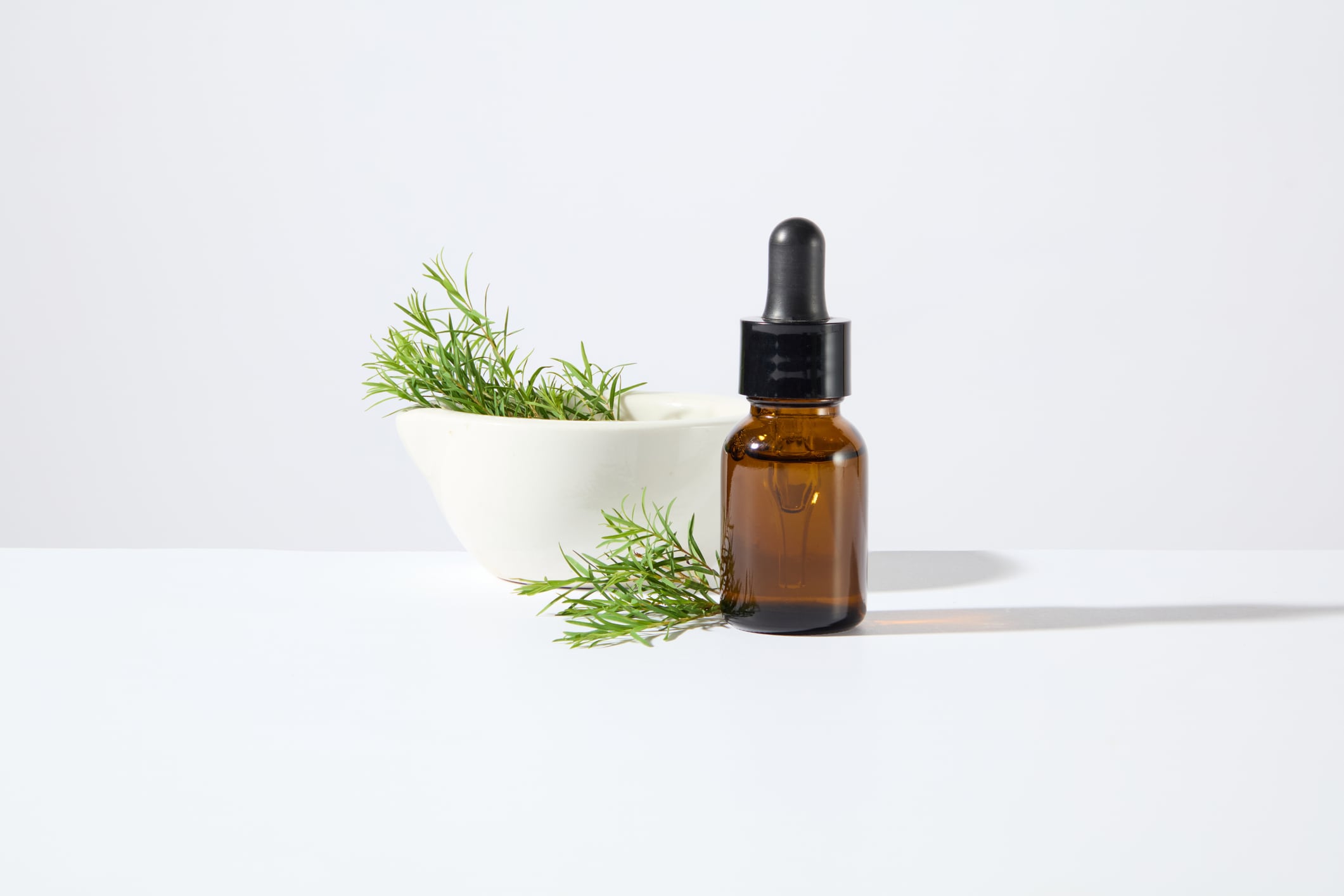
EU regulatory update: tea tree oil use in cosmetics faces new rules
After years of discussion on the safety of tea tree oil in cosmetics, the EU’s Scientific Committee on Consumer Safety (SCCS) has issued its final opinion.
News & Analysis on Cosmetics Innovation

After years of discussion on the safety of tea tree oil in cosmetics, the EU’s Scientific Committee on Consumer Safety (SCCS) has issued its final opinion.
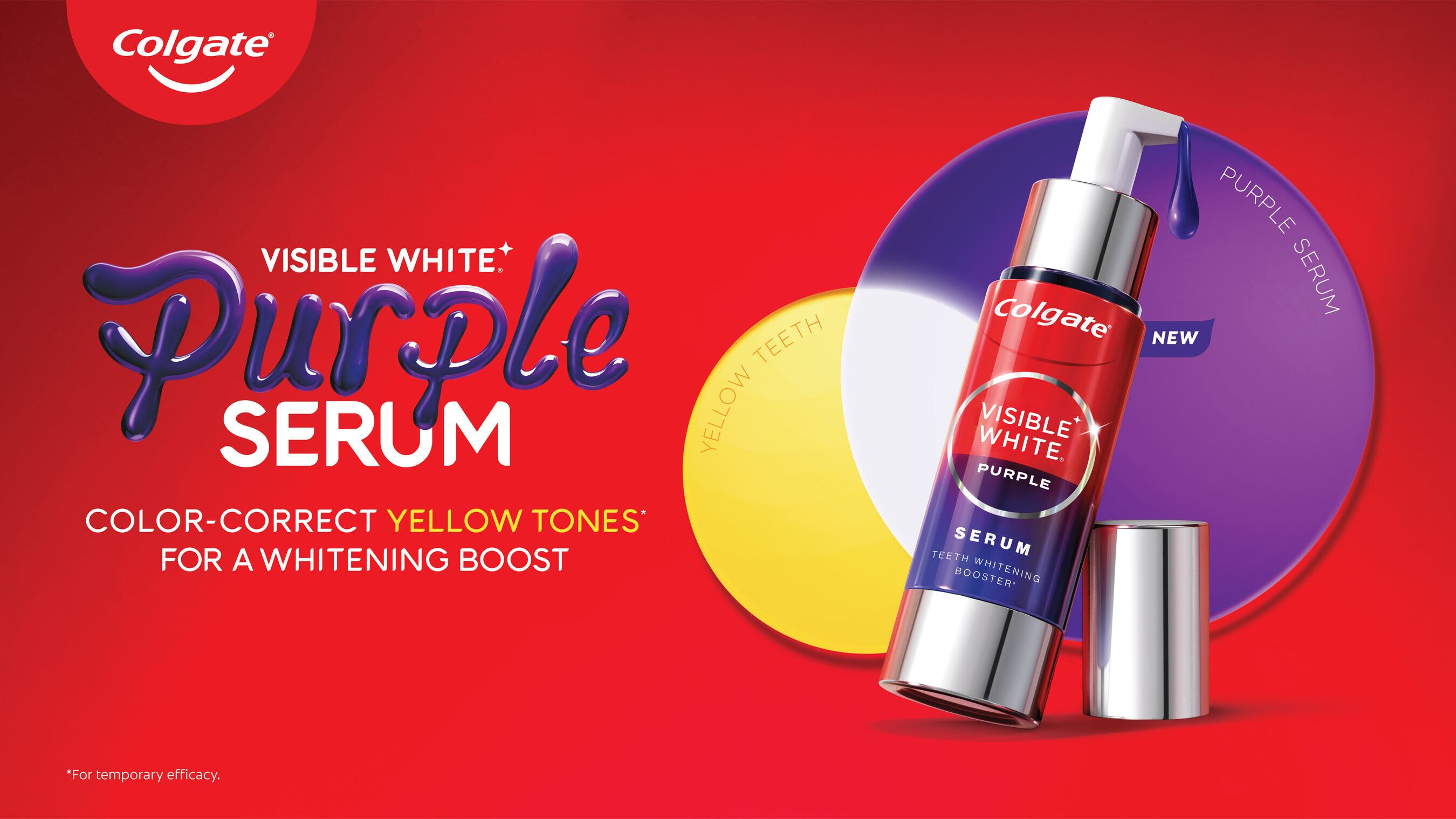
Colgate-Palmolive has launched an oral care innovation into the Indian market, which centres around the ‘skinification’ of the oral care category.
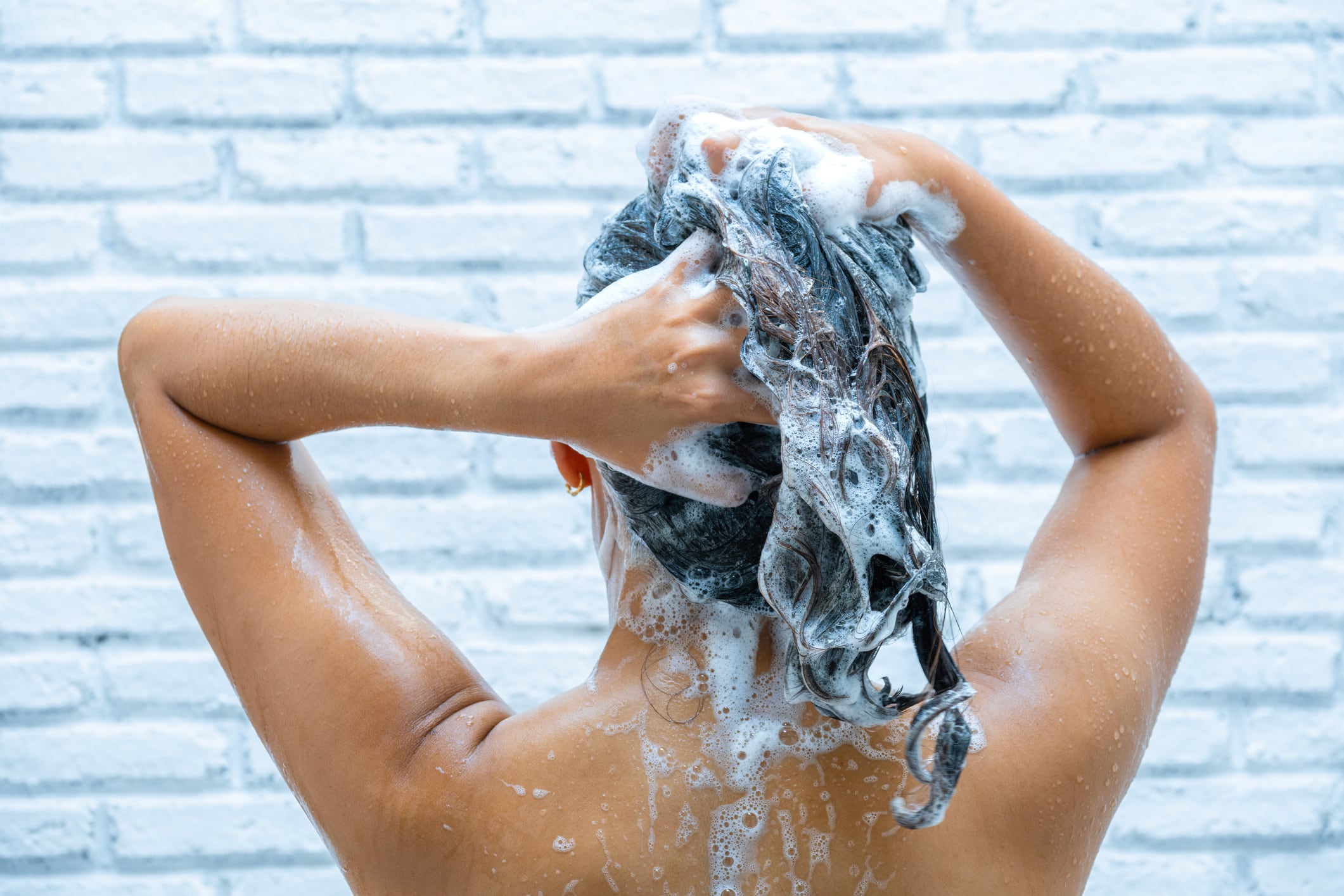
Behind the rise of regenerative scalp care. What are the key ingredients & trends to watch?
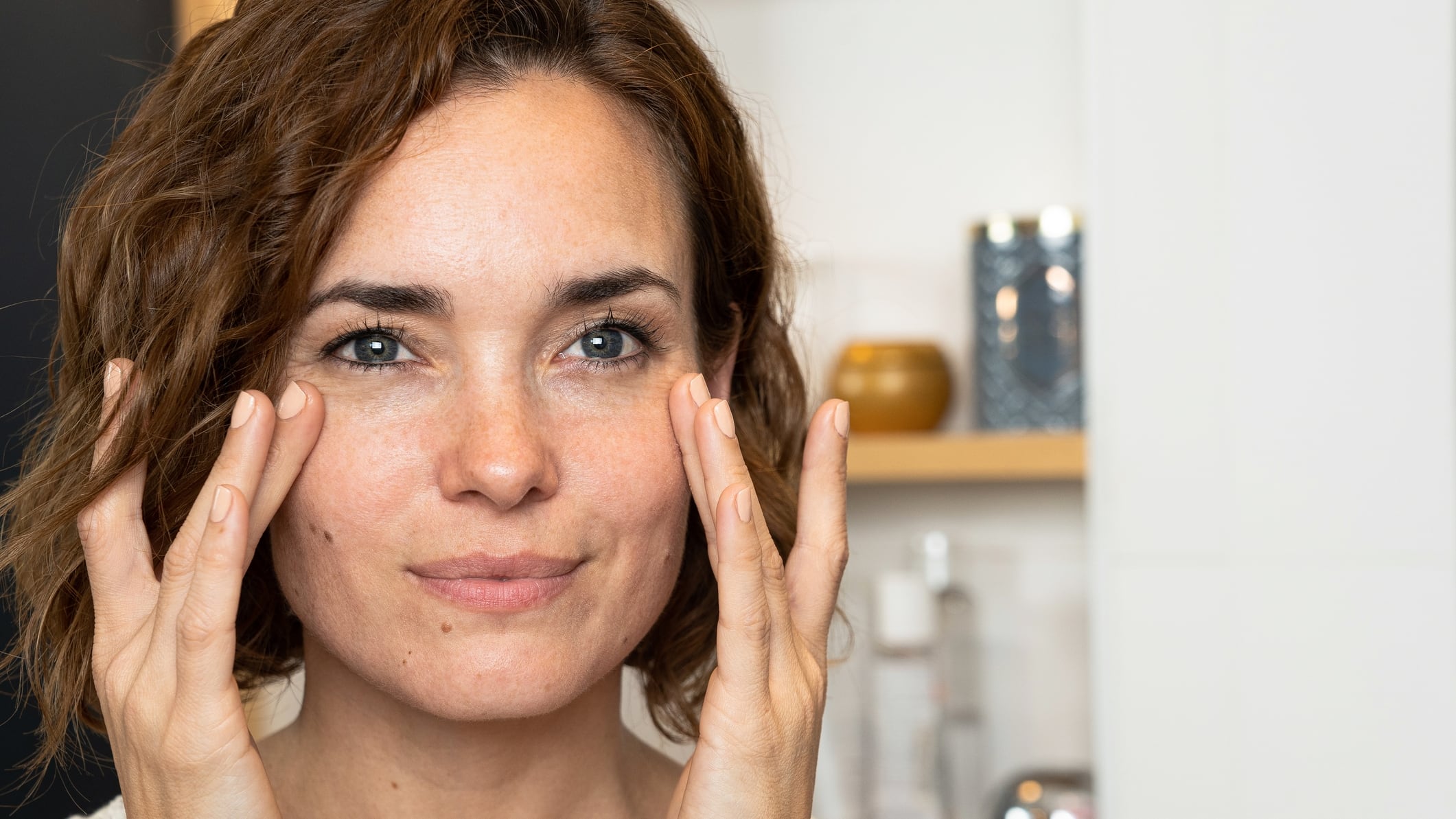
From the brain-skin axis to scalp care, we discover more about Unilever’s future focus on wellness.

At the Luxe Pack Global show in Monaco this week, formulations expert Luisa Oliva revealed what is currently influencing the makeup R&D landscape and why.

From the stratospheric rise of fragrance to what investors are looking for in brands, Mintel’s Head of Beauty Jane Henderson shares strategic insights to navigate the future of beauty.
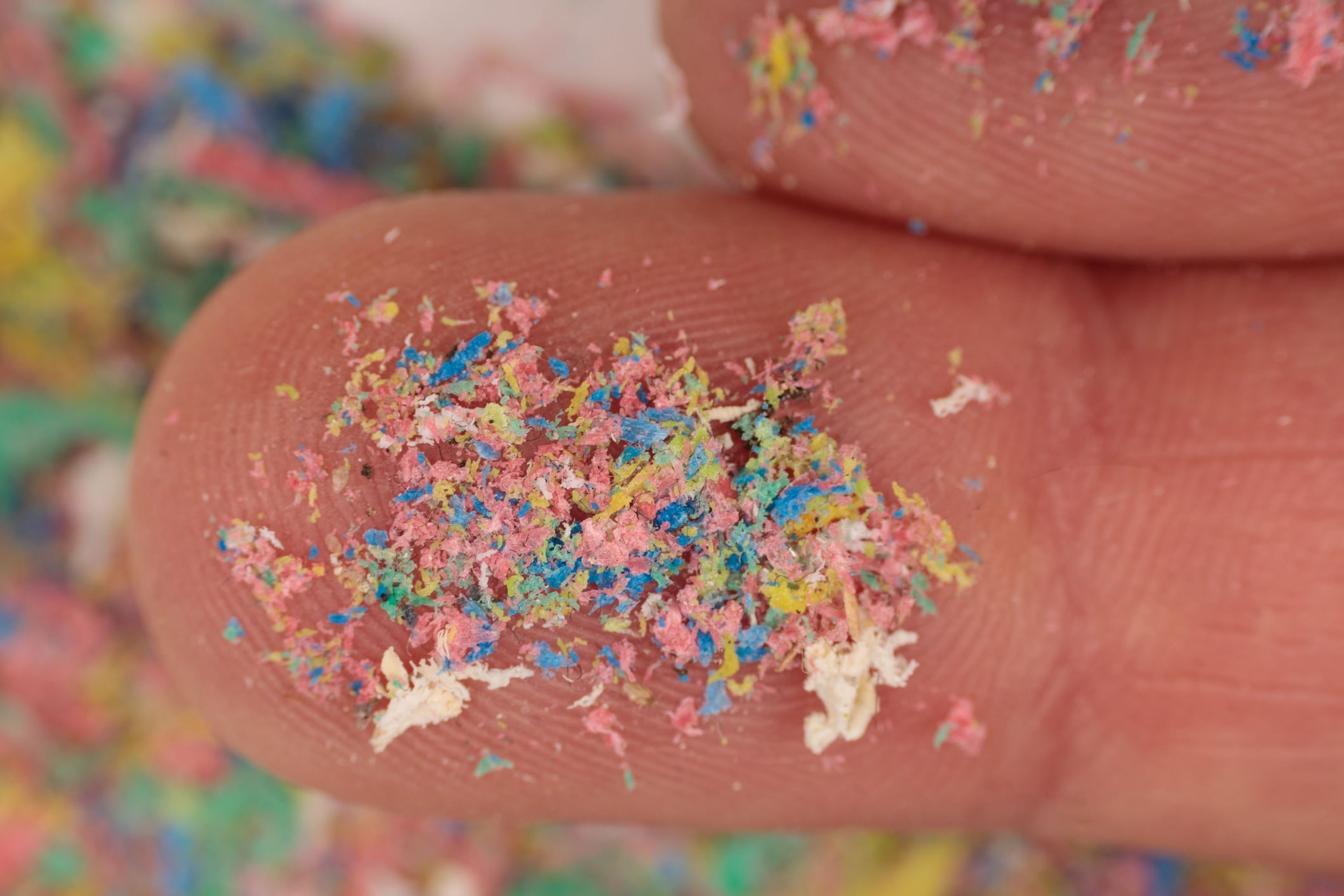
The EU’s microplastics regulation is driving North American beauty ingredient manufacturers and suppliers to innovate sustainable alternatives that do not compromise performance, as global consumer demand and regulatory expectations converge.
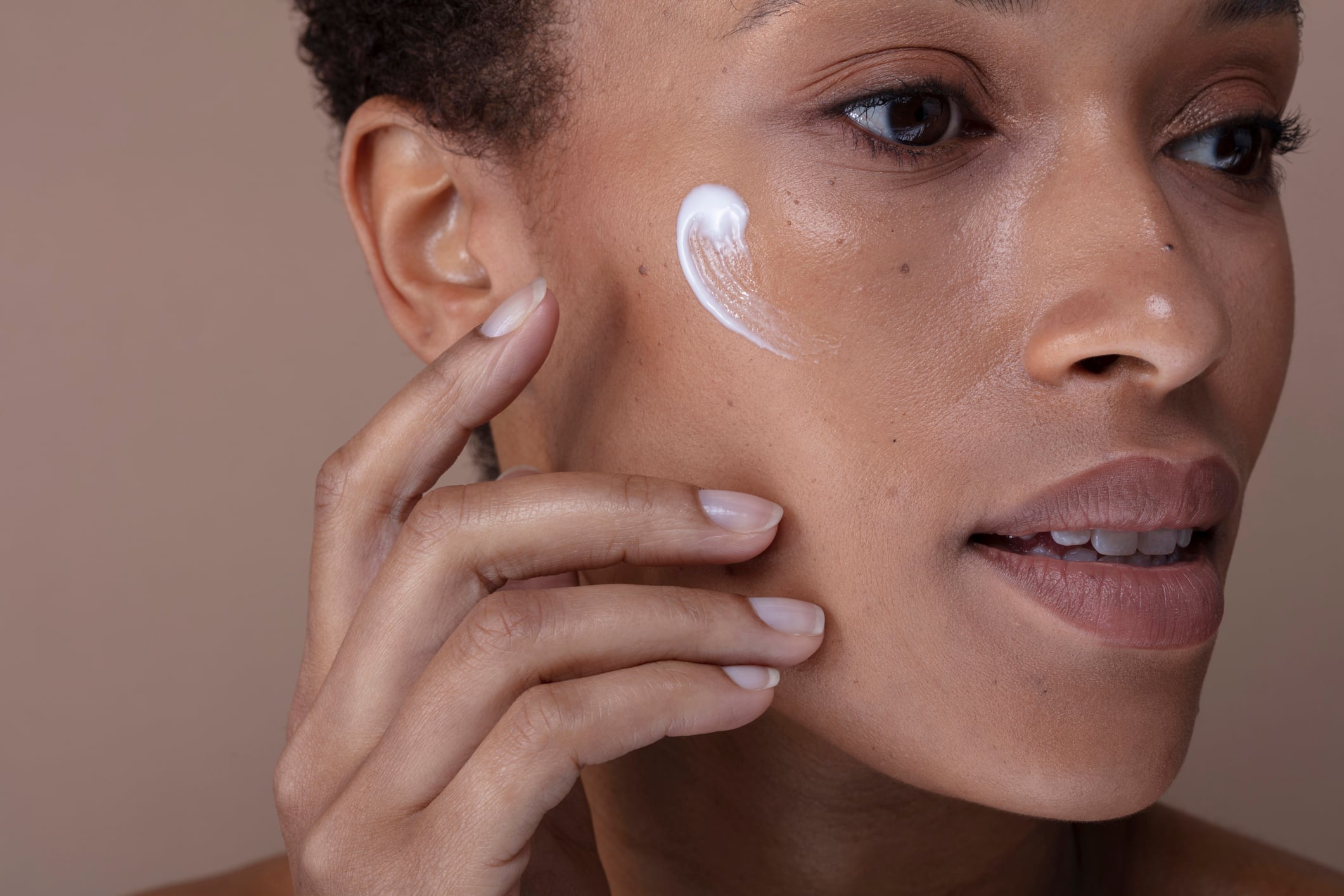
BASF unveiled its bio-based innovations at IFSCC Congress 2025, including the use of taurine for skin care longevity.

The 35th International Federation of Societies of Cosmetic Chemists (IFSCC) Congress was hosted by the Société Française de Cosmétologie (SFC) in Cannes from 15–18 September. We explore some key takeaways from the congress.

The gut-skin-brain axis is scientifically proven to influence skin health, mental well-being and overall beauty. Stress and inflammation are major factors impacting the skin-gut-brain axis, with new research highlighting how interconnected they are.
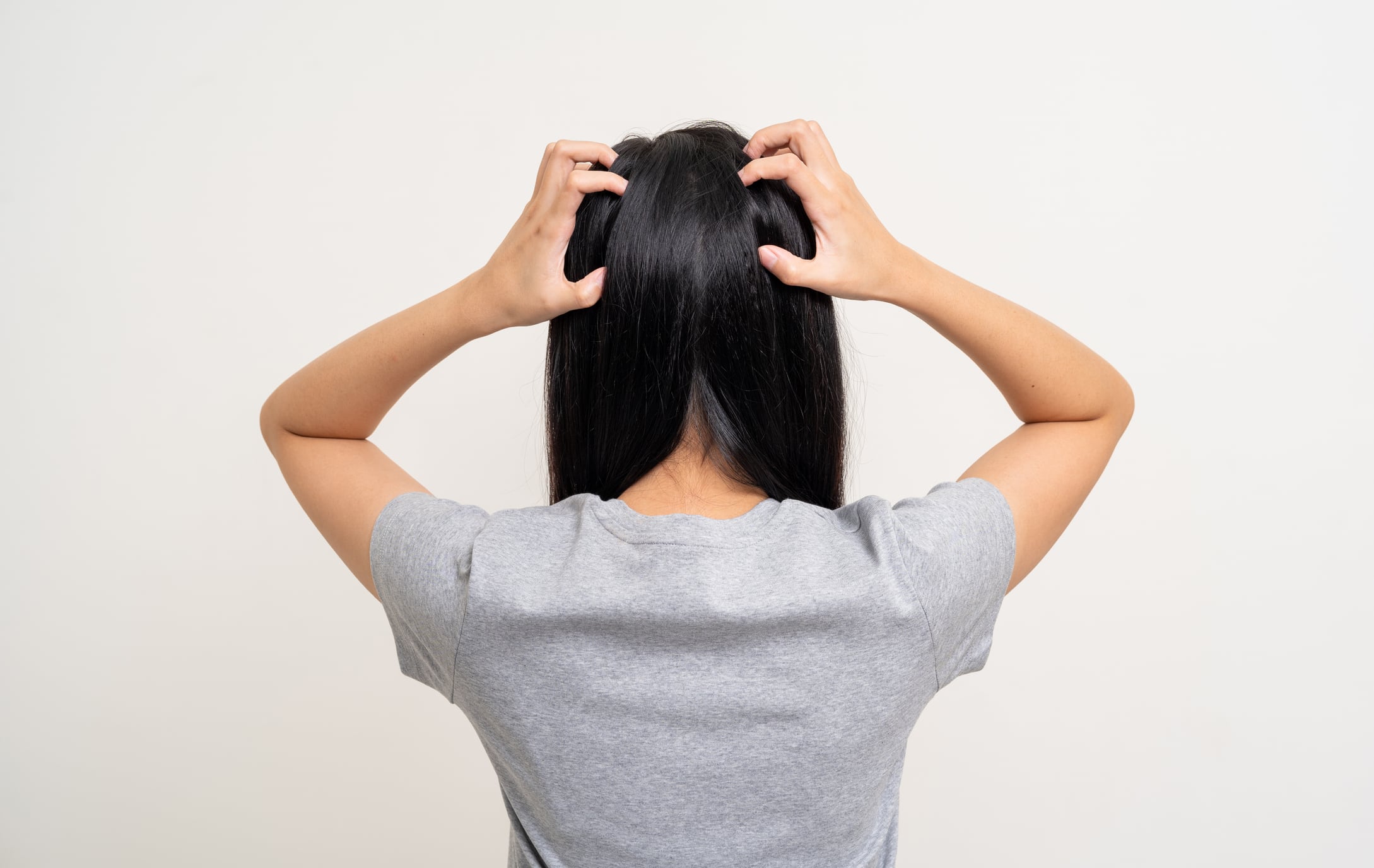
German cosmetics ingredients company Symrise has expanded its APAC footprint with localised patented actives and manufacturing sites.

Celebrity dentist-founded brand Icy Bear recently launched into high street retailer Boots. We spoke to founder Dr Hanna Kinsella to find out more.

At the EAVD congress in Paris this week, Galderma is set to reveal the results of a new study that proves urban-living damages sensitive skin. We spoke to the expert who will present the findings to find out more.

As the beauty-from-within trend gains scientific momentum, our special broadcast will explore this topic with experts in this field.

Can bacteria make you look younger? Scientists at Unilever have uncovered new evidence that our skin microbiome is associated with how old we look.

A new cosmetics ingredients study has shown potential for lavender as a natural preservative in oil-in-water cosmetics formulations.

Experts say that creating topical skin care products that respect and work with the body’s entire microbiome is “becoming a scientific necessity.” Here’s why...

According to data from consumer insights company Circana, UK beauty shoppers have started to buy sun care products all year round.

First-of-its-kind clinical research has demonstrated the link between mental health and the bacteria found on skin—a concept that is often labeled ‘psychodermatology’ by the beauty industry.

As the CTPA celebrates its 80th Anniversary this year, we spoke to Dr Emma Meredith to find out what will be important for the future of the industry.

Highlighting emerging trends in cosmetic and personal care product formulation, our picks include ingredients sourced through green chemistry processes, vegan hair care, and more.
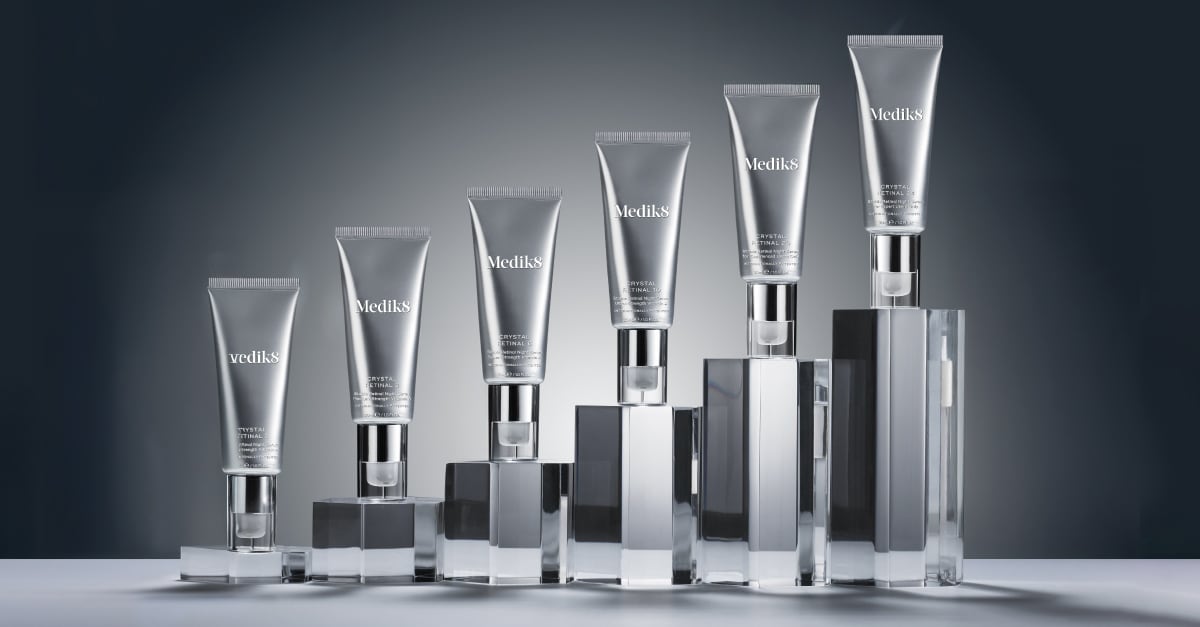
The French multinational will add the British professional skin care brand to its luxury portfolio.
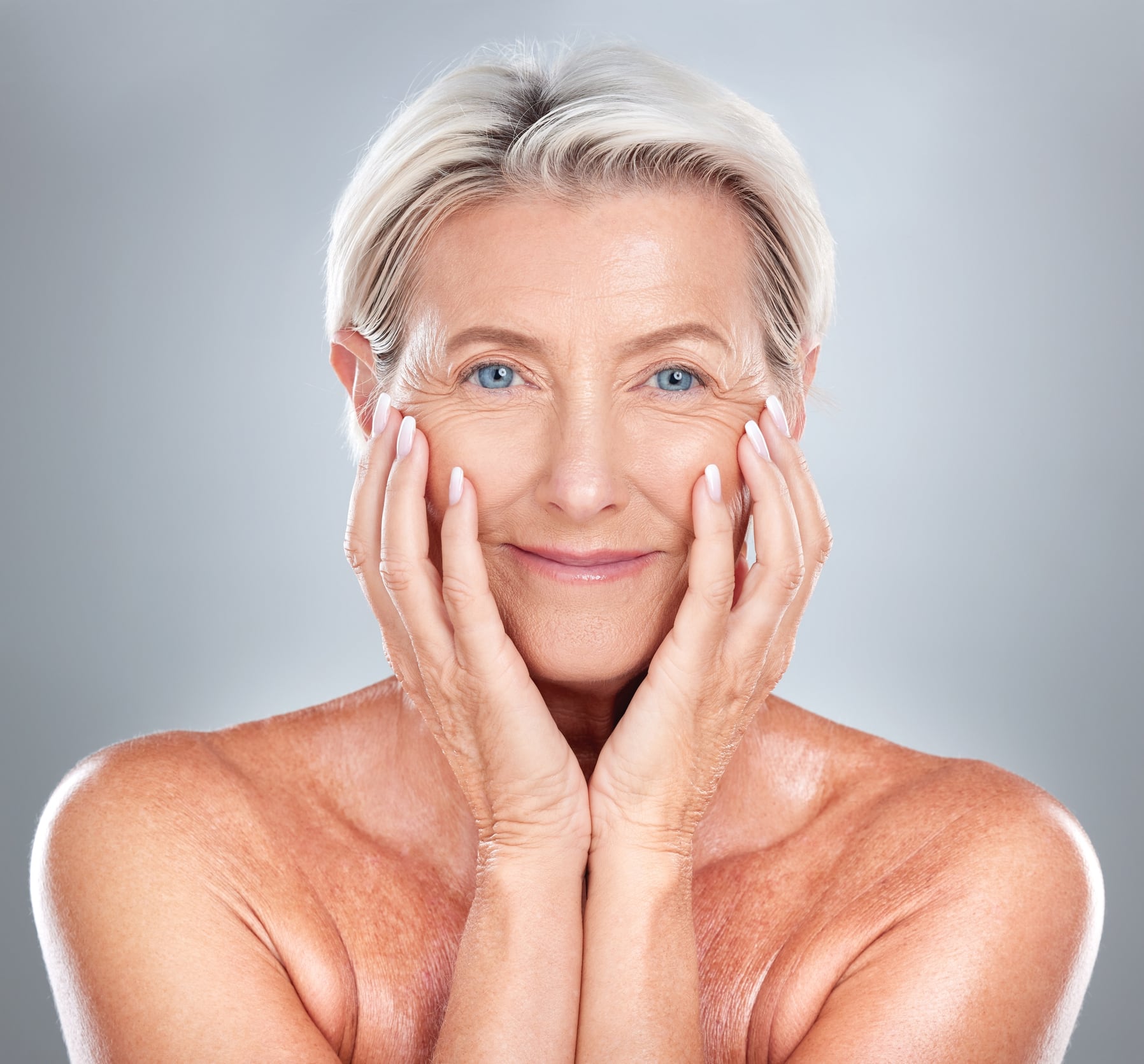
A new study reveals that a blend of flowering plants, sea kelp, vitamins and minerals can help with skin anti-aging and inflammation reduction.

We explore which news topics have been most important to the beauty and personal care industry in the first half of the year...
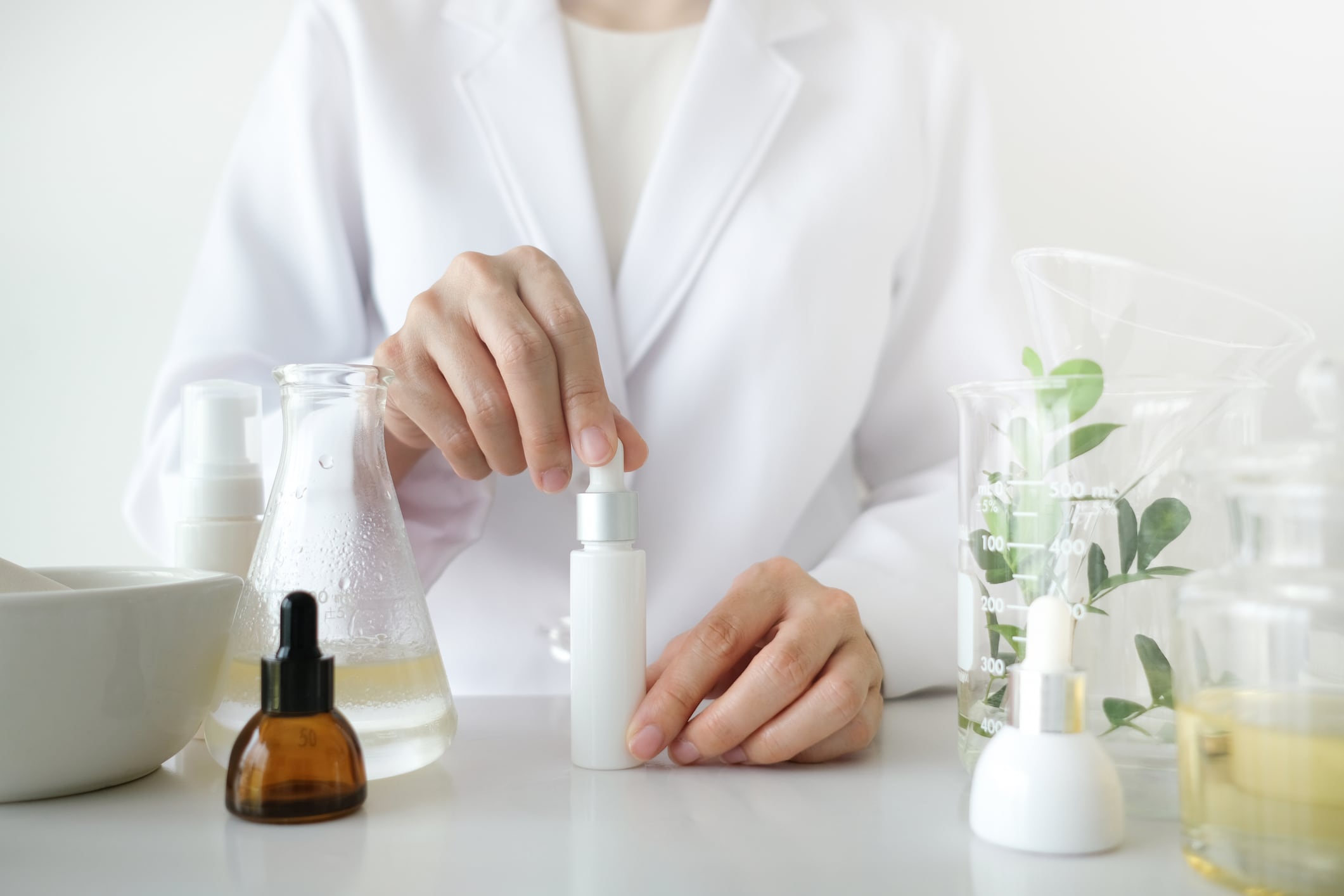
This September, the International Federation of Societies of Cosmetic Chemists (IFSCC) is set to hold its annual congress in Cannes.

As the male hair and scalp care sector continues to grow, what do brands in this space need to consider?

As incidences of melanoma rapidly rise in the UK, the beauty industry is calling for those with expertise in UV safety to give evidence for a parliamentary inquiry.
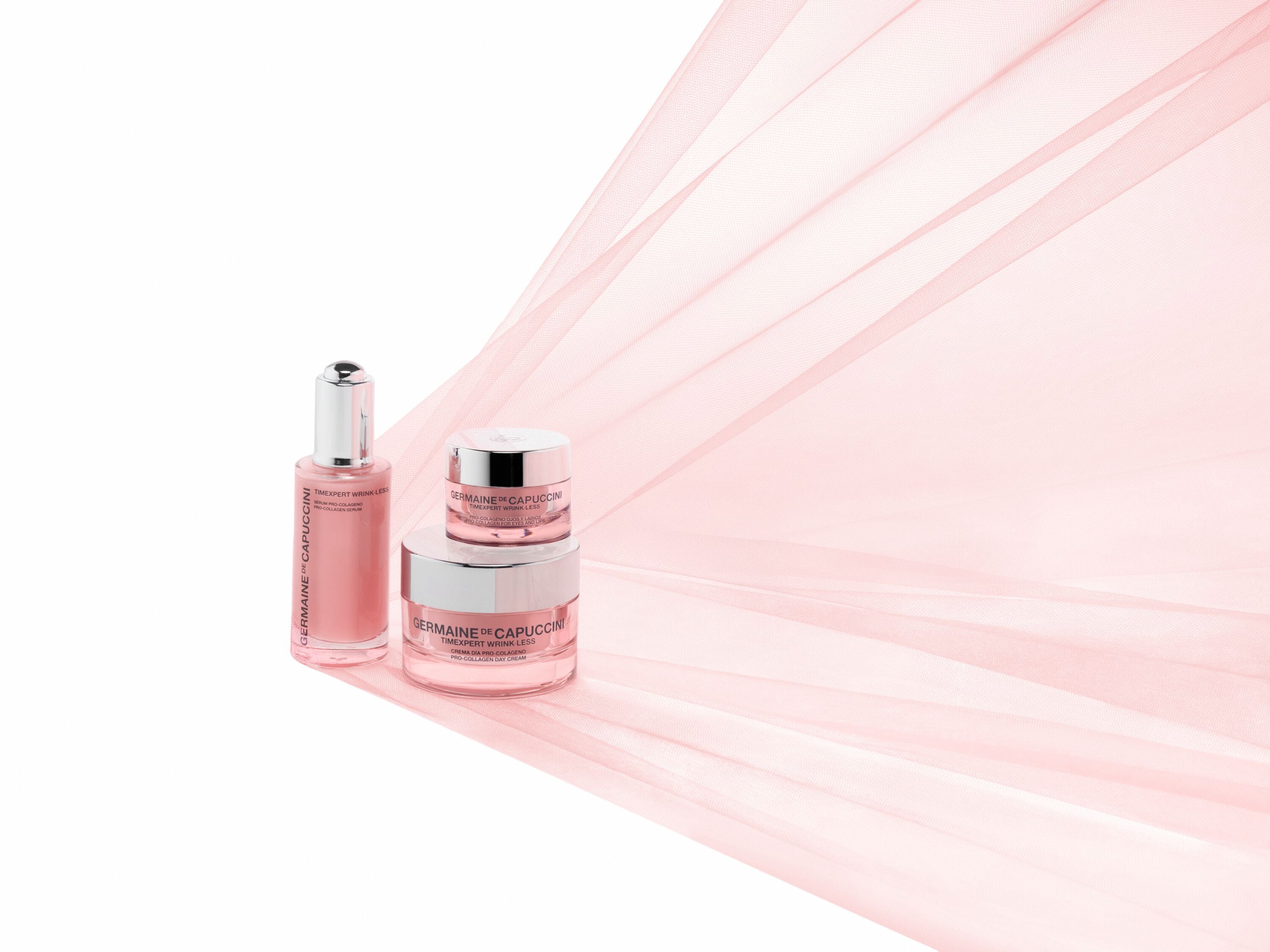
Professional skin care brand Germaine de Capuccini says its high-tech new formula is “proven to reduce wrinkles in 10 minutes.”

New research highlights the synergistic power of grapefruit and rosemary extracts in shielding the skin from UV damage and accelerating recovery from sunburn.
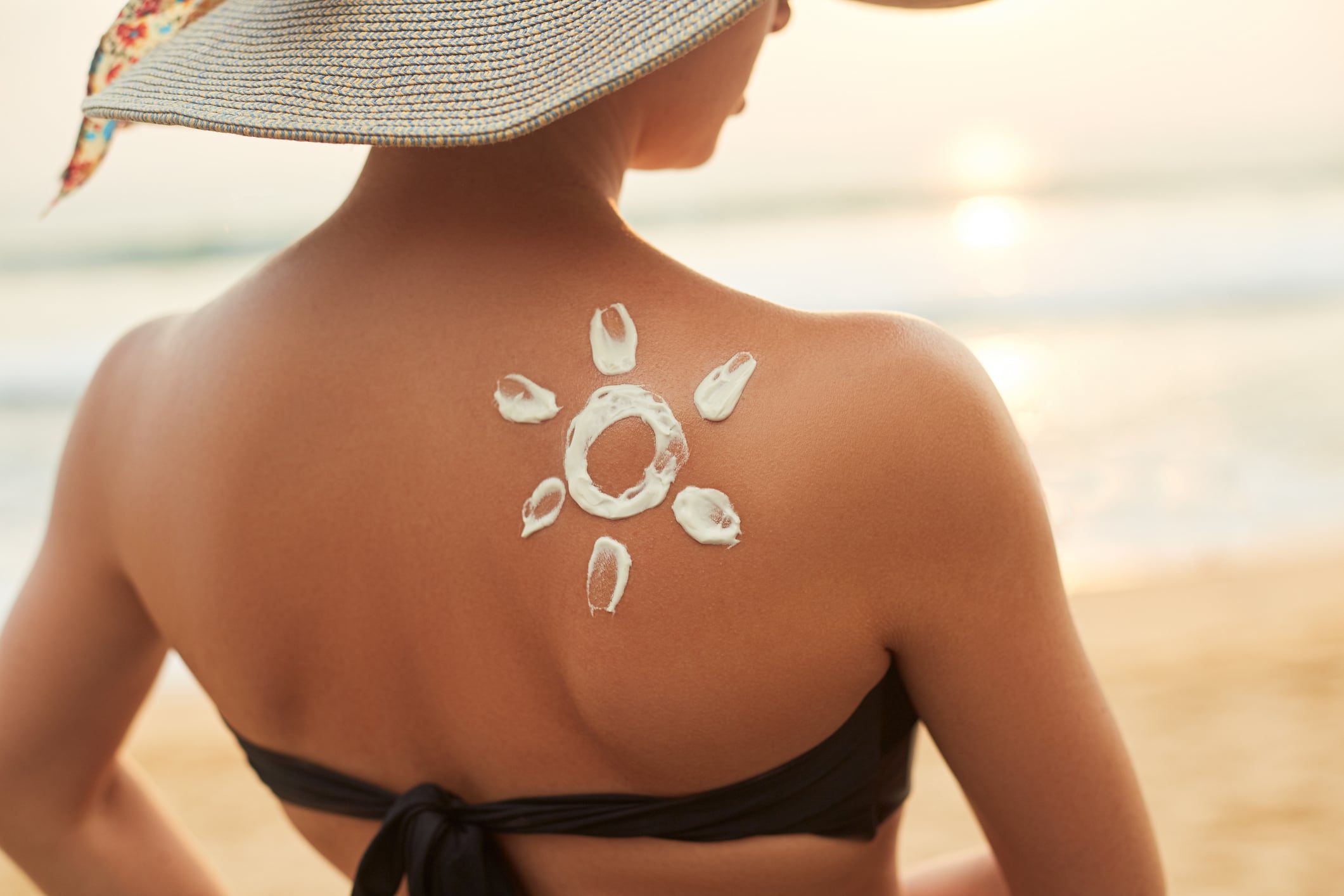
Two former Oxford medical scientists have created an anti-ageing peptide that binds lipid peroxides as they form in skin to protect cells, DNA and proteins from their effects.

Based on what we saw at this year’s In-Cosmetics Global show, here’s what beauty and personal care brands, formulators and cosmetics lovers will need to know about future industry trends...
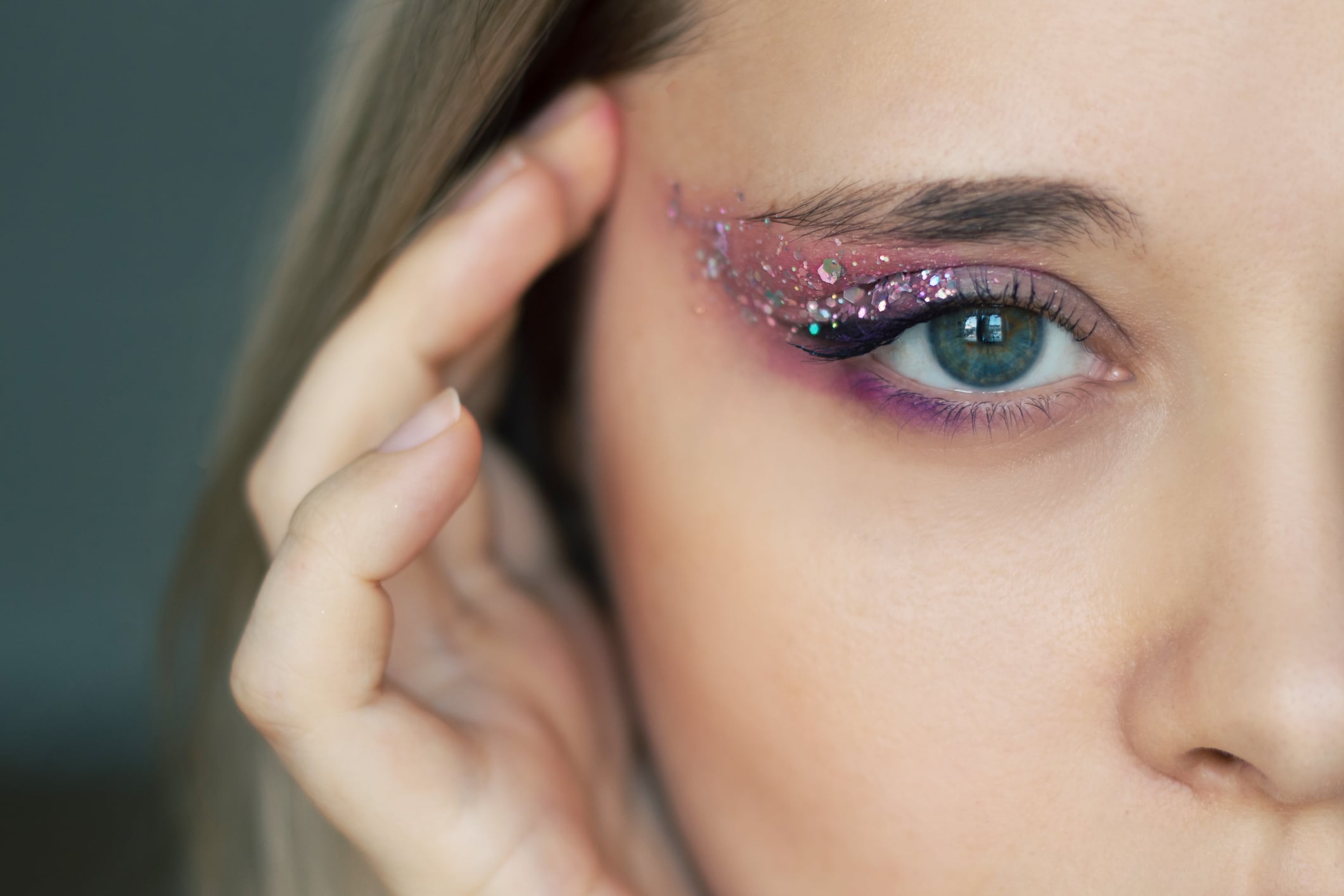
From pastel-blue powder to neutralise sallowness to the most glittering pigment we have ever seen. Here’s a roundup of the most exciting makeup ingredient launches we saw at InCosmetics Global 2025...

Digestive microbiota is increasingly associated with a host of health issues—including skin diseases—and is even being linked to climate change. We delve into the latest research and innovation in this sector.
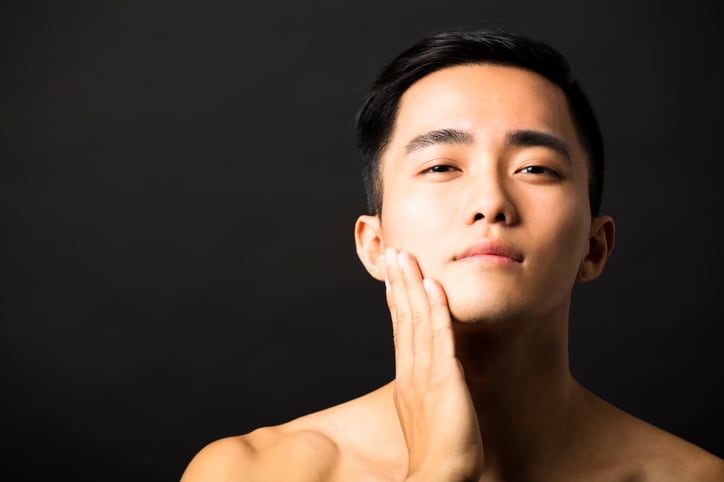
Driven by surging consumer demand, the global beauty-from-within (BFW) market is booming as brands innovate with multifunctional, clinically-backed supplements to meet growing interest from social media-savvy audiences.

We explore what’s influencing the colour cosmetics category.

Our roundup of microbiome-based beauty and personal care innovation seen at In-Cosmetics Global this year...

We saw plenty of novelties at this year’s In-Cosmetics Global show. Read on to discover some of the most exciting new launches in ingredients, textures & formats...

As more people complain of having sensitive and redness-prone skin, there have been plenty of breakthroughs in this sector to formulate for sensitive skin...

We explore the latest cosmetic ingredients innovations created around the skin-brain axis.

We’ve rounded some of the green ingredient highlights we spotted at this year’s show.

“This study supports the hypothesis that universal exposure to parabens extends to infants... of the predictors evaluated, lotion use in the last seven days was the strongest predictor of exposure in one-to-three-month-olds,” the researchers wrote.

With this year’s In-Cosmetics Global show taking place in Amsterdam, we explored the trends in the cosmetics industry in The Netherlands…

The industry awards revealed some of the most cutting-edge innovations that are being unveiled at the show...

With new US tariffs and economic uncertainty reshaping consumer spending, we examined how social commerce is evolving in the current beauty industry landscape.
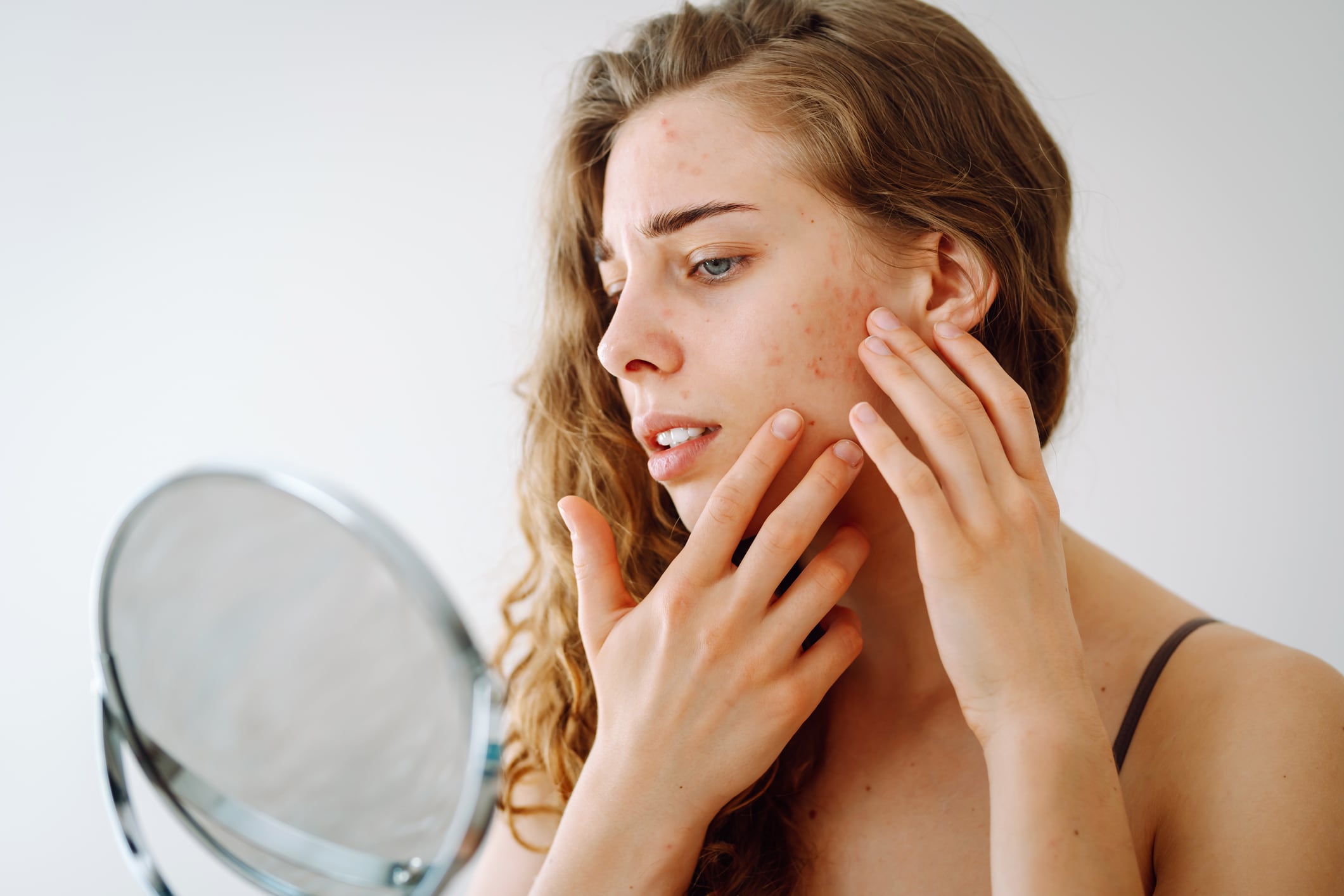
As more women suffer with acne in adulthood, we spoke to Provital about its new biotech-produced active designed to target this growing issue.

With the ‘skinification’ of the beauty industry showing no signs of slowing, peptides are gaining traction in hair care NPD.

FEBEA, which represents the world’s largest cosmetics exporter is calling for “a strengthening of its competitiveness” on the EU market.

Vitamins, mineral oils, mineral sunscreen filters and various fatty acids are among the list, which also includes many clean beauty and sustainable packaging ingredients.

The sale includes cosmetics ingredients company Mibelle Biochemistry.

The world’s biggest cosmetics ingredients exhibition opens on 8 April and has just announced its awards nominees, showcasing cutting-edge innovation in ingredients.